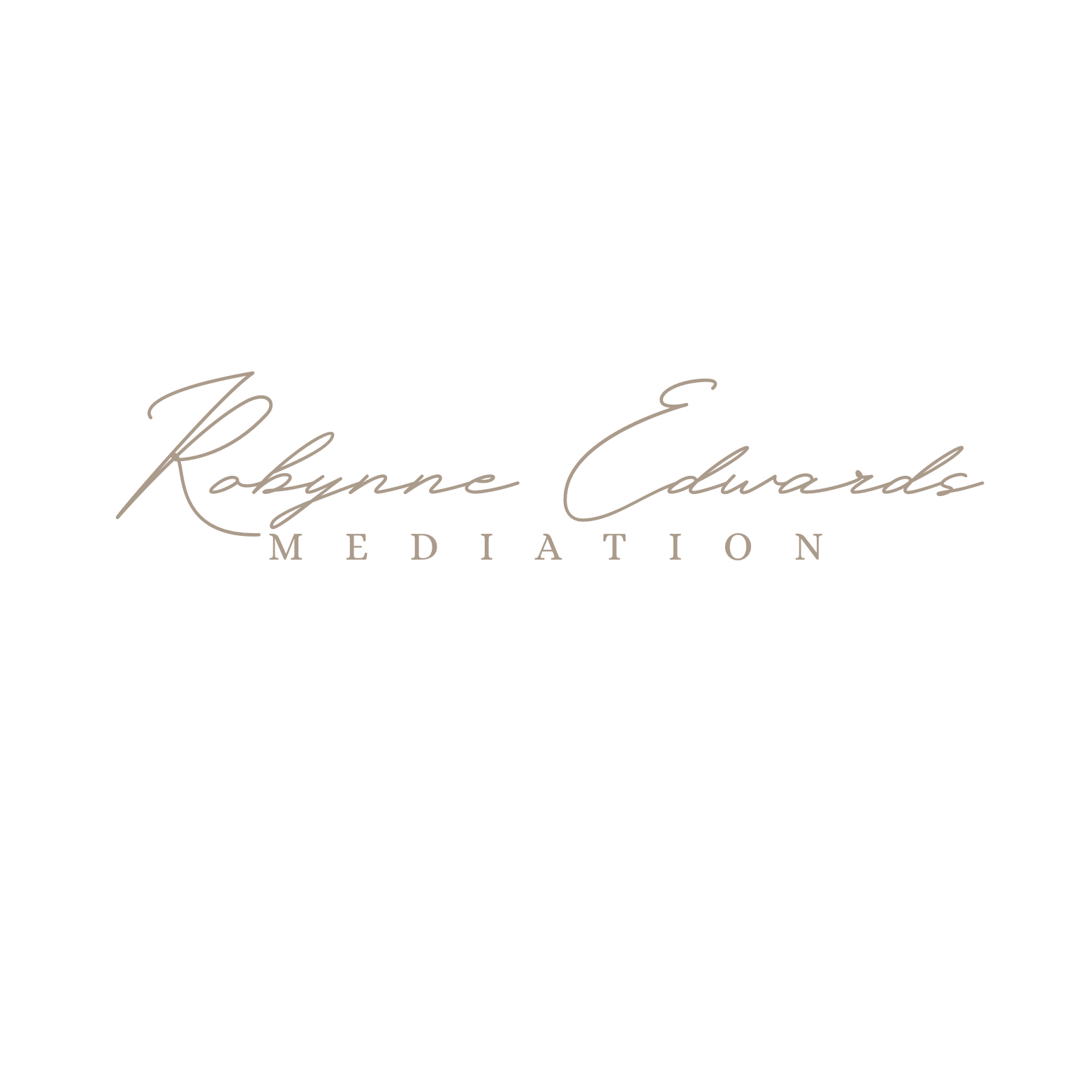When conflict arises—whether in business, family, or personal relationships—South Africans are increasingly seeking alternatives to traditional court proceedings. Two of the most prominent paths for resolving disputes are mediation and litigation. Understanding the difference between them, and what each process entails, can help you make an informed decision about how to move forward.
Mediation: A Collaborative Alternative Dispute Resolution Method
Mediation is a form of alternative dispute resolution (ADR) where a neutral third party—called the mediator—facilitates structured discussions between parties in conflict. The mediator does not impose a decision but helps the parties reach a mutually agreeable solution.
Key features of mediation in South Africa:
- Voluntary and confidential
- Can be used for family, commercial, labour, property, and other civil matters
- Encouraged by the courts under Rule 41A of the High Court Rules, which requires parties to consider mediation before commencing litigation
- Particularly useful in high-conflict matters where maintaining relationships (e.g. between co-parents or business partners) is important
Litigation: The Traditional Legal Route
Litigation involves taking the dispute to court, where a judge hears arguments and makes a legally binding decision. It’s an adversarial process governed by formal rules and procedures.
Key features of litigation in South Africa:
- Public and often lengthy
- Can be costly due to legal representation, court fees, and drawn-out timelines
- Suitable for disputes involving complex legal questions or where a binding precedent is necessary
- Offers enforceable outcomes, particularly useful where one party is uncooperative
Mediation or Litigation: How to Choose?
Choosing between mediation and litigation depends on the nature of your dispute, the relationship between the parties, and your priorities.
| Consideration | Mediation | Litigation |
| Cost | Lower (often a fixed professional fee) | Higher (hourly legal fees, court costs) |
| Time | Faster (can be resolved in days to weeks) | Slower (can take months or years) |
| Confidentiality | Yes | No (court proceedings are public) |
| Control over Outcome | Parties decide | Judge decides |
| Relationship Preservation | High | Often damaged or severed |
| Legally Binding? | Only if agreement is signed | Yes |
Why More South Africans Are Turning to ADR
As courts encourage alternative dispute resolution and private individuals seek legal alternatives that are faster, more cost-effective, and less emotionally taxing, mediation has become an attractive option for resolving a wide range of disputes.
In fact, South Africa’s court system now mandates parties to file a Rule 41A mediation notice before litigation in civil matters—a shift that reflects the increasing recognition of mediation’s value in the justice system.
Final Thoughts
While litigation still plays a vital role in the legal landscape, mediation offers an empowering, practical, and often less stressful path to resolution. For many, it represents not just a legal alternative, but a more dignified way to move forward.
If you’re unsure which option is best for your situation, a professional mediator can help you assess whether your dispute is suitable for mediation—and guide you through the process if so.

